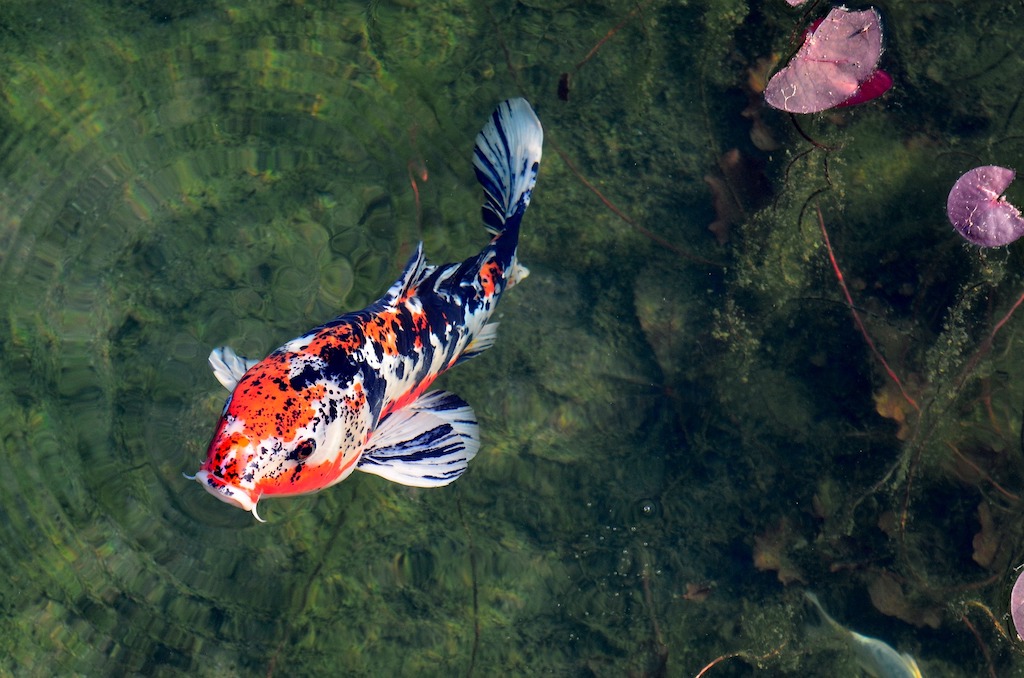More now than ever, home gardeners and growers have a wide range of growing methods to choose from. While traditional soil growing remains popular, many gardeners are comparing hydroponics vs. aquaponics for their growing needs. In this post, we’ll look at both to learn the advantages and disadvantages of each.
*This post contains compensated links. Find more info in my DISCLAIMER. As an Amazon Associate, I earn from qualifying purchases.
Want to start a hydroponic garden at home easily? Check out our recommendations for Best Hydroponics Starter Kits for Beginners.
What Is Hydroponics?
At its most basic, hydroponics is a technique for growing plants without soil. Hydroponics uses a nutrient-rich water solution to feed plant roots. To support the plant roots, inert growing media such as perlite or coconut fiber is used. While this method of growing plants is increasing in popularity, it’s been around for some time.
Advantages And Disadvantages Of Hydroponics
Hydroponics and the various hydroponics systems offer a number of advantage and disadvantages over traditional forms of soil-based growing.
Advantages
- Uses less space and water; ideal for indoor and smaller spaces
- No soil mulching, weeding or tilling
- No need for pesticides
- Closer control over plant nutrients
- Easy to harvest
Disadvantages
- Setting up can require technical expertise.
- These systems are subject to power outages, cutting off the water supply
- Plant death may occur fast if the system fails due to lack of soil
- Water-based microorganisms can easily find their way in.

Best Crops To Grow With Hydroponics
For both new home growers and expert gardeners, hydroponics offers a world of possibilities. There are a wide range of plants that grow exceptionally well in hydroponics include herbs, bell peppers, spinach, strawberries, and lettuce.
How Does Aquaponics Work?
It might not seem like based on the names, but there is a difference between hydroponics and aquaponics. For starters, what is aquaponics? In short, it’s a mix of aquaculture and hydroponics. Aquaculture is the method of raising fish, crayfish, or other water-based animals in growing ponds. As these animals produce waste, the water in the growing ponds is enriched with nutrients. This water is then used in a hydroponic system to grow vegetables, herbs, and other plants.
Hydroponics and aquaponics provide growers with a great deal of potential and similarities. Both methods rely on water, not soil to grow crops. The nutrient-rich water each system uses is the cornerstone for feeding plants. Plants in both systems use a growing medium like perlite or lava rock to stabilize themselves.
The similarities between hydroponics and aquaponics continue with the high yields each method can produce. Both systems can also be used all year round. While water is the key element, both methods use less water compared to traditional soil-based growing. Lastly, damage from pests or weeds is a minium.
Hydroponics Vs. Aquaponics – Key Differences
While these two methods share several similarities, there are also many differences between hydroponics and aquaponics. Perhaps the biggest difference is how nutrients end up in the water. More often than not, hydroponics requires the use of an outside, organic or chemical-based, agent to provide the needed plant nutrients. With aquaponics, those nutrients come from the natural waste produced by fish or other animals.
Overall, the setup of a hydroponics system can be easy. There are several hydroponic kits on the market that even the most novice gardener can master. Because live fish are need in an aquaponics system, getting started is slower and more complex. Additionally, temperatures are lower in hydroponics to prevent bacteria from growing. In aquaponics, high temperatures are needed to encourage the growth of bacteria-rich nutrients.
Hydroponics produce relatively lower yields compared to the produce in aquaponics which is relatively higher, enhanced by the use of aquaponics bio-filter. Hydroponics requires high maintenance while aquaponics is easy to maintain.
Flushing is done at intervals, and the nutrient solution needs regular replacement to prevent salt buildup that may be toxic to plants in hydroponics. In aquaponics, nutrients pass through the loop system and are used up. Replacement is only done to the water from evaporation and is used to feed the plants.
Best Crops To Grow With Aquaponics
Aquaponics gives you the great satisfaction of taking care of your fish while growing other crops. The best plants for aquaponics include leafy lettuce, watercress, tomatoes, cauliflowers, cucumbers, peppers, strawberries, and cabbages.
What Are The Advantages And Disadvantages Of Aquaponics?
Benefits Of Aquaponics
- Environmentally friendly.
- Produces both vegetable crops and proteins.
- Natural fertilizer from fish waste.
- Uses less water, 1/6th of the total amount to grow food 8 more times than other methods.
- The produce is free of herbicides and pesticides.
Disadvantages
- The setup is expensive and needs technical expertise.
- Water has to be monitored throughout.
- Failure of this system brings about great losses in both plants and fish.
- You cannot grow root crops.
The Best Aquaponics Systems For Beginners
The best aquaponics system for beginners is the Media Bed or Ebb and Flow or Flood and Drain system. The system has grow beds for aquaponics which act as a biological and mechanical filter and plant support.
Water in the fish tank moves through the plants’ grow media to deliver nutrients. This media holds water and filters any solid particles before the water is drained back to the bell siphon’s fish tank.
This method is recommended for beginners because it has a simple design, and maintenance is low compared to raft and NFT systems. Additionally, you can build these beds from recyclable materials, and lastly, they use a wide range of grow media like clay pebbles, gravel, and lava rock.
Hydroponics Vs. Aquaponics – For A Home Garden
There have been debates over the years on hydroponics vs. aquaponics to determine which method is the best. Personally, I think that the method that works for me might or might not work for you and vice versa. However, it is good to give it a try to see the best! You can also try out both!
FAQs – Hydroponics Vs. Aquaponics
Each system for growing plants has its pluses and minuses. Overall, hydroponics allows a greater deal of flexibility for growing especially if you are limited on space.
Aquaponics is reported to have shown growth rates 25% faster compared to hydroponics. This rate varies between different types of plants, vegetables, and herbs being grown.
